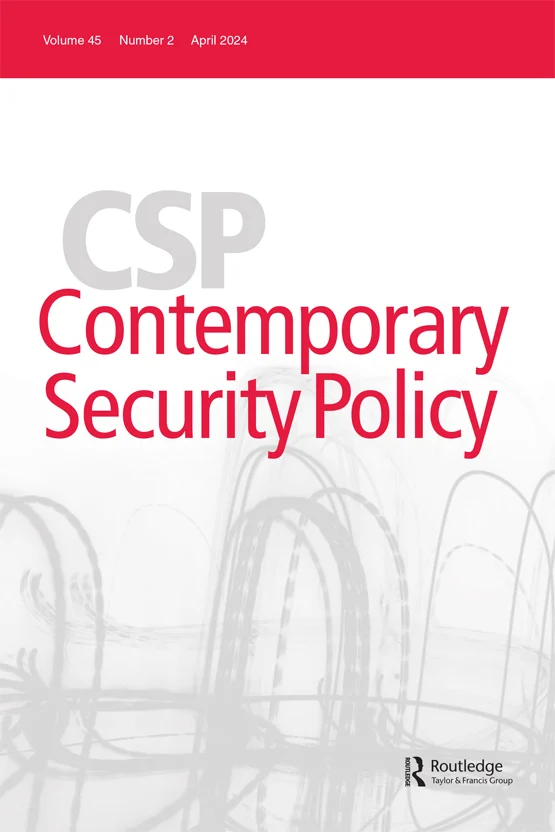穷人的权力?《不扩散条约》和被“权力凌驾”模式劫持的条约的局限性
IF 5
1区 社会学
Q1 INTERNATIONAL RELATIONS
引用次数: 7
摘要
《核不扩散条约》(NPT)在过去50年的演变,以及无核国家对该条约的不满,可以通过关注对权力的不同理解来分析。在权力的各种概念中,有一些主张区分了广义上的“移交权力”和一种更微妙的影响形式——“向权力”。本文探讨了《不扩散核武器条约》的历史,展示了核武器国家如何通过属于“权力移交”关系重点范围内的实践来塑造和限制这一机构。然而,无核国家最近采取了“权力对权力”的做法。由于无法在《不扩散核武器条约》的限制范围内带来实质性变化,这些国家已经意识到并运用了它们的机构和集体“权力”,以便在《禁止核武器条约》(TPNW)的背景下建立一种解决核武器问题的替代方法。本文章由计算机程序翻译,如有差异,请以英文原文为准。
Power to the have-nots? The NPT and the limits of a treaty hijacked by a “power-over” model
ABSTRACT
The nuclear Non-Proliferation Treaty (NPT), its evolution over the past five decades, and the dissatisfaction of the non-nuclear states within it, can be analyzed by focusing on different understandings of power. Within the various concepts of power are claims which distinguish between what is known broadly as “power-over” and a more subtle form of influence, “power-to.” This article explores the history of the NPT, showing how the nuclear weapon states have shaped and limited this institution by practices which fall within the relational emphasis of “power-over.” Recently, however, non-nuclear states have adopted a “power-to” approach. Frustrated by their inability to bring about substantive change within the limits of the NPT, these states have realized and applied their agency and collective “power-to” in order to create an alternative approach to the problem of nuclear weapons in the context of the Treaty on the Prohibition of Nuclear Weapons (TPNW).
求助全文
通过发布文献求助,成功后即可免费获取论文全文。
去求助
来源期刊

Contemporary Security Policy
Multiple-
CiteScore
14.60
自引率
6.80%
发文量
22
期刊介绍:
One of the oldest peer-reviewed journals in international conflict and security, Contemporary Security Policy promotes theoretically-based research on policy problems of armed conflict, intervention and conflict resolution. Since it first appeared in 1980, CSP has established its unique place as a meeting ground for research at the nexus of theory and policy.
Spanning the gap between academic and policy approaches, CSP offers policy analysts a place to pursue fundamental issues, and academic writers a venue for addressing policy. Major fields of concern include:
War and armed conflict
Peacekeeping
Conflict resolution
Arms control and disarmament
Defense policy
Strategic culture
International institutions.
CSP is committed to a broad range of intellectual perspectives. Articles promote new analytical approaches, iconoclastic interpretations and previously overlooked perspectives. Its pages encourage novel contributions and outlooks, not particular methodologies or policy goals. Its geographical scope is worldwide and includes security challenges in Europe, Africa, the Middle-East and Asia. Authors are encouraged to examine established priorities in innovative ways and to apply traditional methods to new problems.
 求助内容:
求助内容: 应助结果提醒方式:
应助结果提醒方式:


